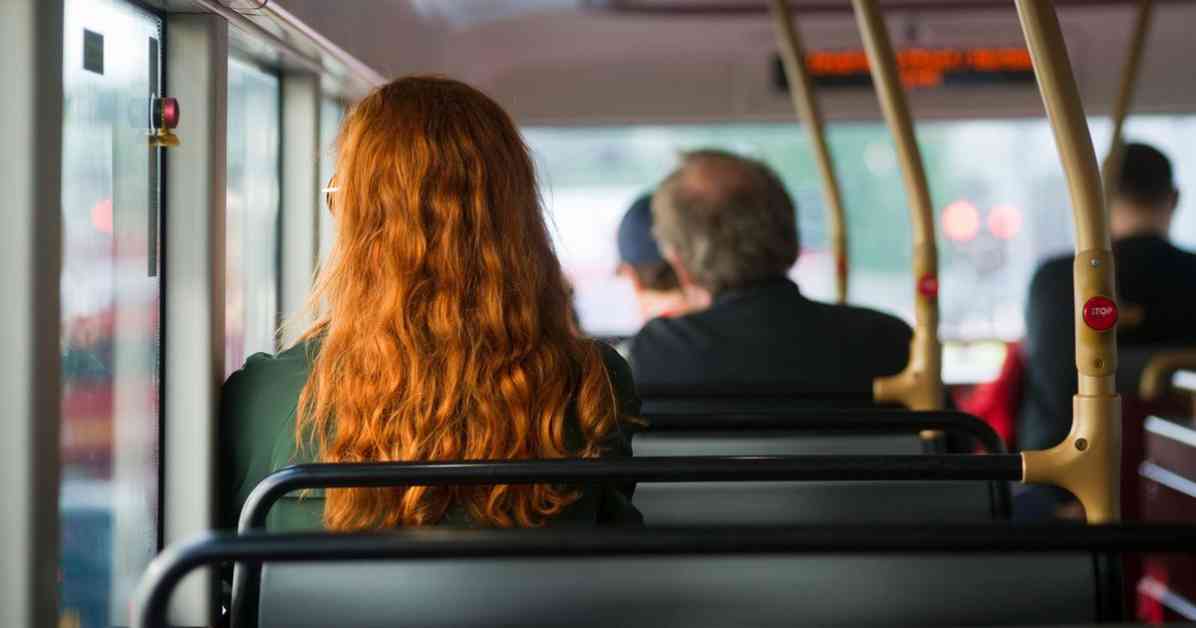We’ve always been taught that it’s courteous to vacate a seat on public transport for those in greater need when things get crowded. This often means younger, more able-bodied folk rise to give the elderly a spot to rest, but this also applies to pregnant individuals or folks with disabilities who may need to sit. Yet in a surprising turn of events, one woman has stirred controversy by admitting she chose not to relinquish her seat for an older woman and her justification left the senior citizen speechless.
Recounting the incident on Reddit, the woman outlined how she and her husband were looking forward to breakfast at a favored diner; however, upon arrival, found the joint bustling, leaving them perched in the cramped waiting area. As two elderly couples entered and found themselves short of seating space, the woman resisted surrendering her place. After receiving what she described as a “nasty side-eye” from one of the seniors, she felt compelled to clarify her reason for staying seated.
It emerged that the lady had recently undergone a breast reduction surgery due to health issues, rendering her chest tender and making standing a source of discomfort, reports the Mirror. She recounted the tense exchange: “Myself and the other couples tried to politely explain how the queue worked, but one of the elderly women interrupted us by loudly announcing, ‘Well, you should just let my friend sit because of her age, you know,’ then gave me a nasty side-eye, rolled her eyes and shook her head at her friend as if we should all be ashamed of ourselves.”
The situation escalated when she explained her own condition: “I finally said, ‘I’m sorry, I would have given you my seat, but I’m still recovering from surgery and can’t stand for long periods of time. I’m sorry.’ It got VERY quiet until, finally, the same lady said, ‘Well, do you want to sit here-‘ and I just stopped her and replied, ‘No, I’m fine where I am.’ We all waited in silence until it was our turn to be seated.”
In her concluding remarks, she urged people to be more empathetic, noting that while she usually wouldn’t hesitate to offer her seat, on this occasion, she felt justified to stay put. The online community rallied behind her stance. Support poured in from commenters, with one person saying: “Not every disability is visible; even though yours is only temporary, it doesn’t make you any less valid. Hope your recovery goes well.” Another chimed in with understanding: “As someone with an invisible illness, I feel you. I just keep sitting. It’s less of an issue when I have my cane. Even then, people look surprised, I do not care.”
It’s essential to remember that not all disabilities or health conditions are visible at first glance. While it’s important to be considerate and offer seats to those in need, it’s also crucial to respect others’ circumstances and reasons for not giving up their seats. Empathy and understanding go a long way in creating a more inclusive and supportive community for everyone, whether on public transport or in other public spaces. So, let’s strive to be kind, compassionate, and open-minded towards others, even when situations may not be as straightforward as they seem.













